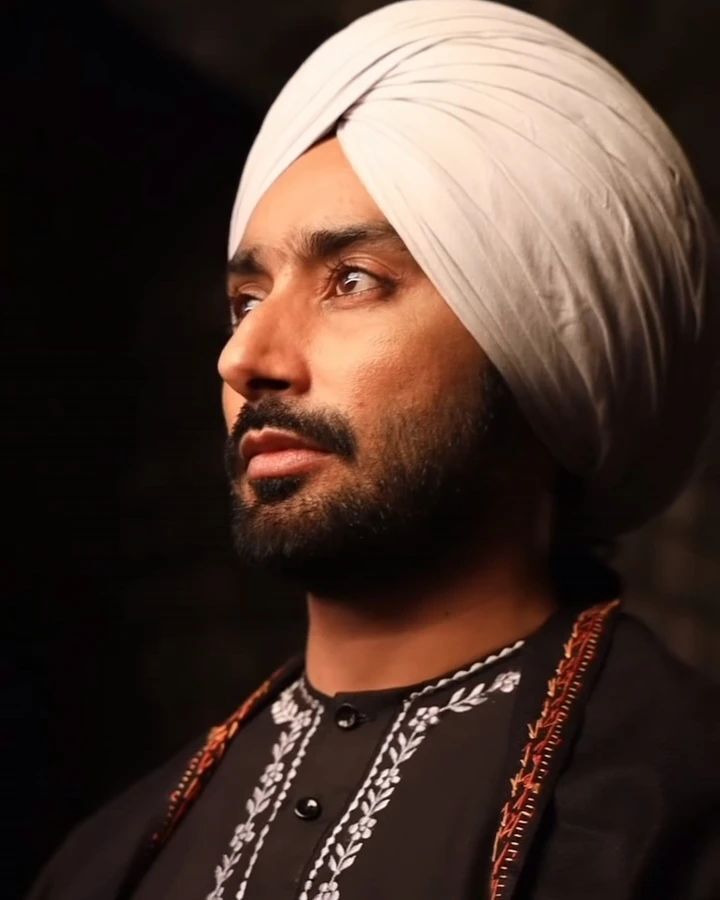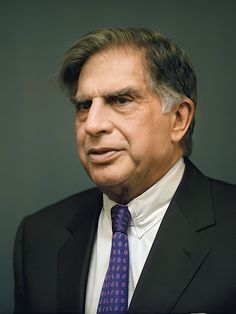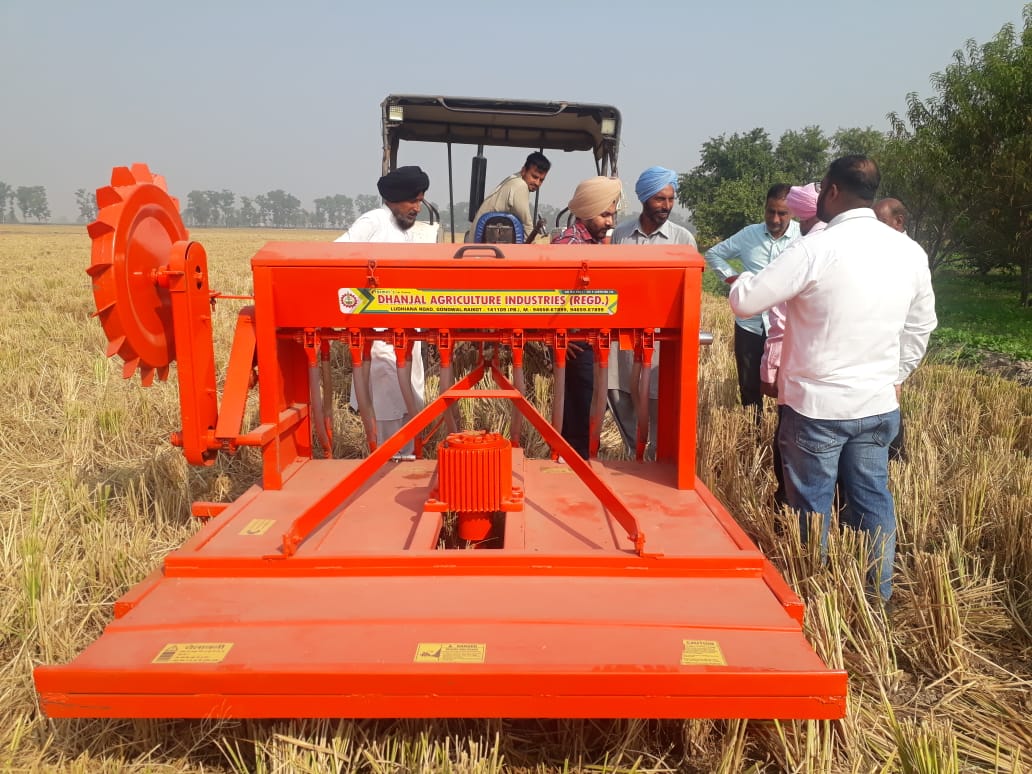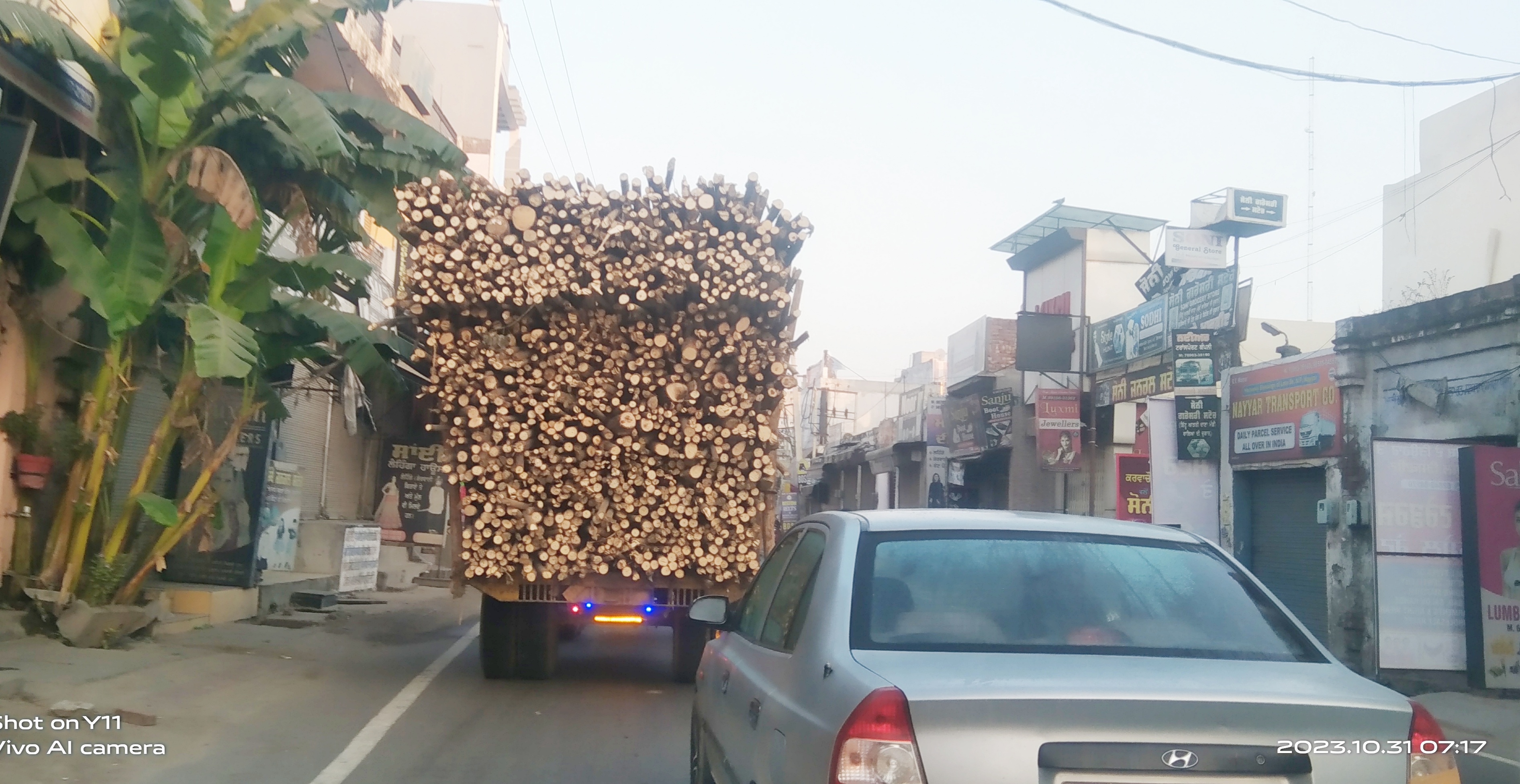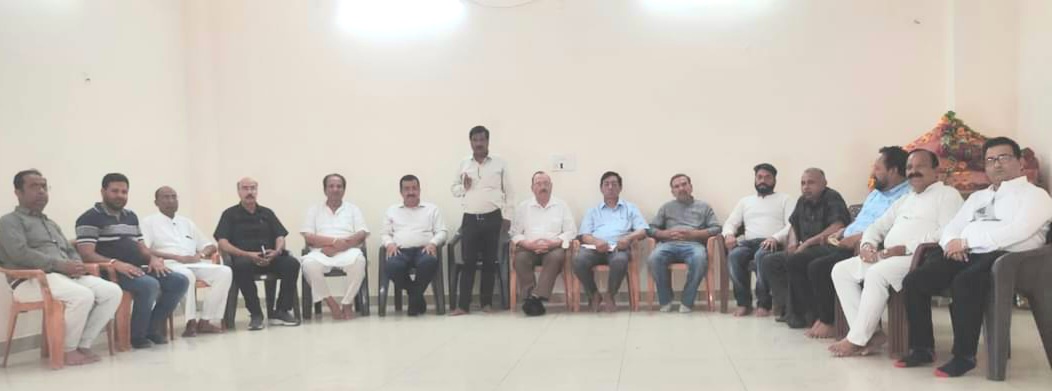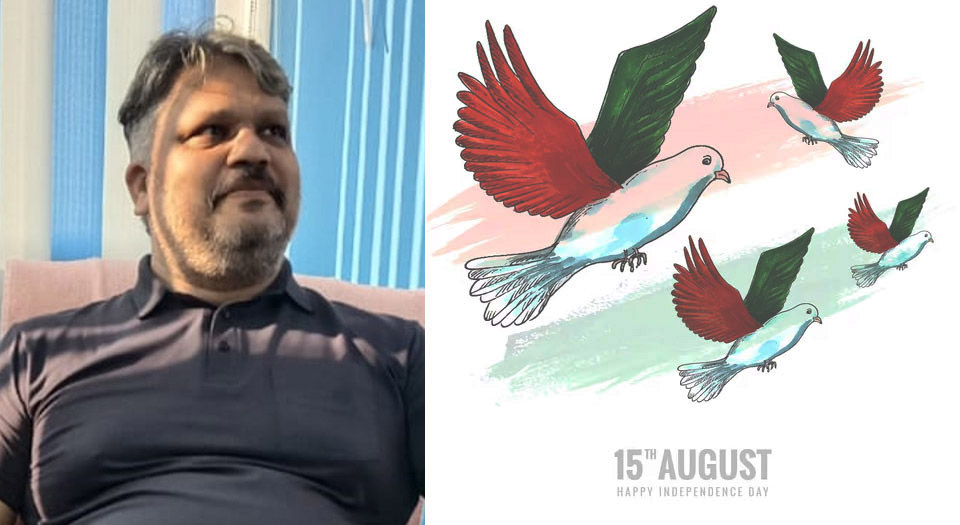
August: The Second Page of History
When we hear the name of the month of August, the first thought that comes to mind is August 15th, the day of the country's independence. Indeed, this day is a momentous occasion for every citizen of the country. After centuries of slavery, our country was freed from the oppressive rule of the British. Many brave sons of our country sacrificed their lives for this freedom.
When we hear the name of the month of August, the first thought that comes to mind is August 15th, the day of the country's independence. Indeed, this day is a momentous occasion for every citizen of the country. After centuries of slavery, our country was freed from the oppressive rule of the British. Many brave sons of our country sacrificed their lives for this freedom. Youths spent their time in jails, and every patriot endured the pain of slavery. On June 2, 1947, the last Viceroy of India, Lord Mountbatten, announced that the British government had accepted the partition of the country into two parts: one with a Hindu majority and the other with a Muslim majority. Thus, the country was divided geographically into two parts. At midnight on August 14 and 15, Pakistan and India came into existence legally.
The Red Cliff Line emerged as the new boundary between India and Pakistan, named after its architect, Sir Cyril Radcliffe. The partition of 1947 is considered one of the most significant events in modern history. It was the largest human displacement or migration in world history. Such ruthless racial violence is rarely documented or discussed. Thousands of innocent people lost their lives, and there was large-scale looting, arson, and murder. Punjab experienced the greatest pain of this tragedy, with a significant portion of the region going to Pakistan. The division also included assets such as the British Indian Army, Royal Indian Navy, Royal Indian Air Force, Indian Civil Service, Railways, and the central treasury. During the India-Pakistan partition, approximately one million people died. The violent nature of this division created an atmosphere of animosity and suspicion between India and Pakistan, which continues to impact their bilateral relations today.
The partition of India had the greatest impact on Punjab. The western part of the province, predominantly Muslim, became Pakistan's Punjab province, while the eastern part, with a Hindu and Sikh majority, became India's Punjab state. Later, Punjab was further divided into the new states of Haryana and Himachal Pradesh.
Today, when we celebrate Independence Day on August 15th each year, all citizens remember countless known and unknown freedom fighters. We also remember the countless innocent people who heard the decree of destruction on the night of August 14 and 15. Both countries witnessed unchecked massacres and atrocities. Hatred was spread in the name of religion, and sectarian violence emerged on the ground. This sudden and unplanned chaos resulted in the destruction of countless families and orphaned children. Even today, refugees from that side are recognized as "displaced persons" in the villages of Punjab. This August, as every Indian pays tribute to the warriors who fought for independence, we must also pay homage to those countless innocent people who could not enjoy the fruits of freedom.

